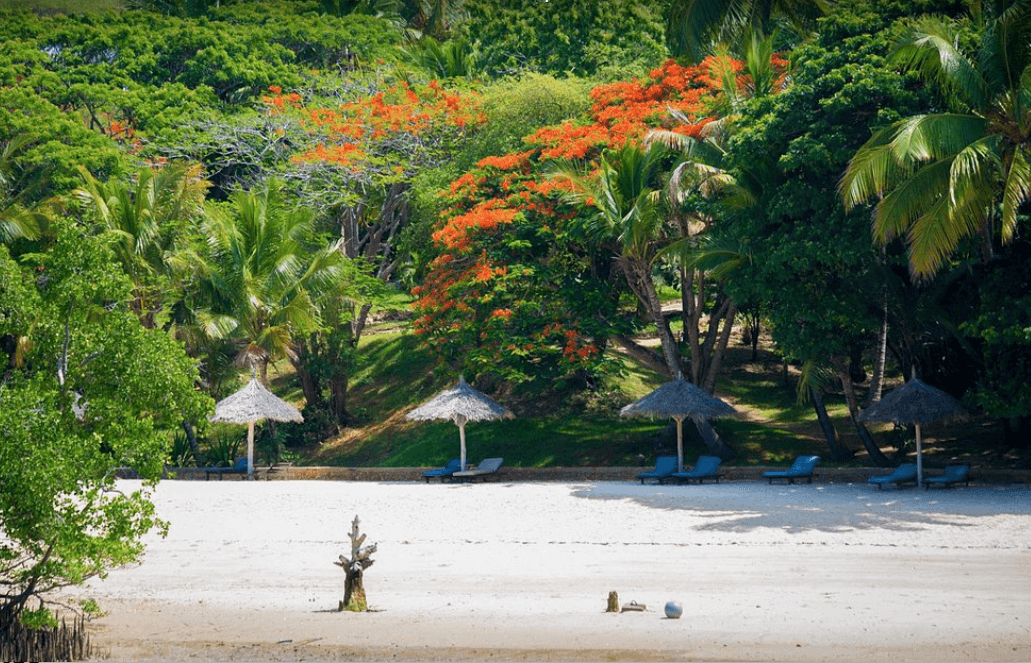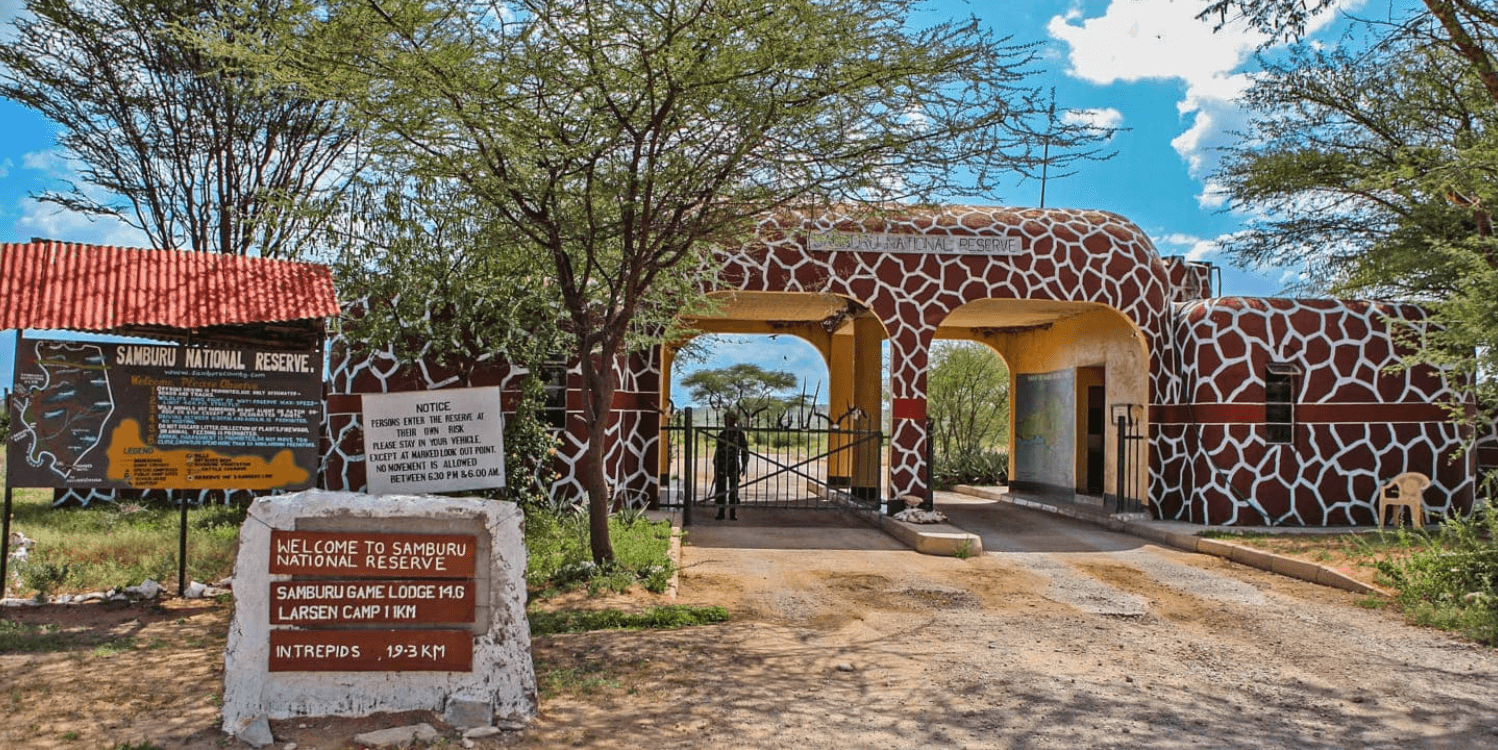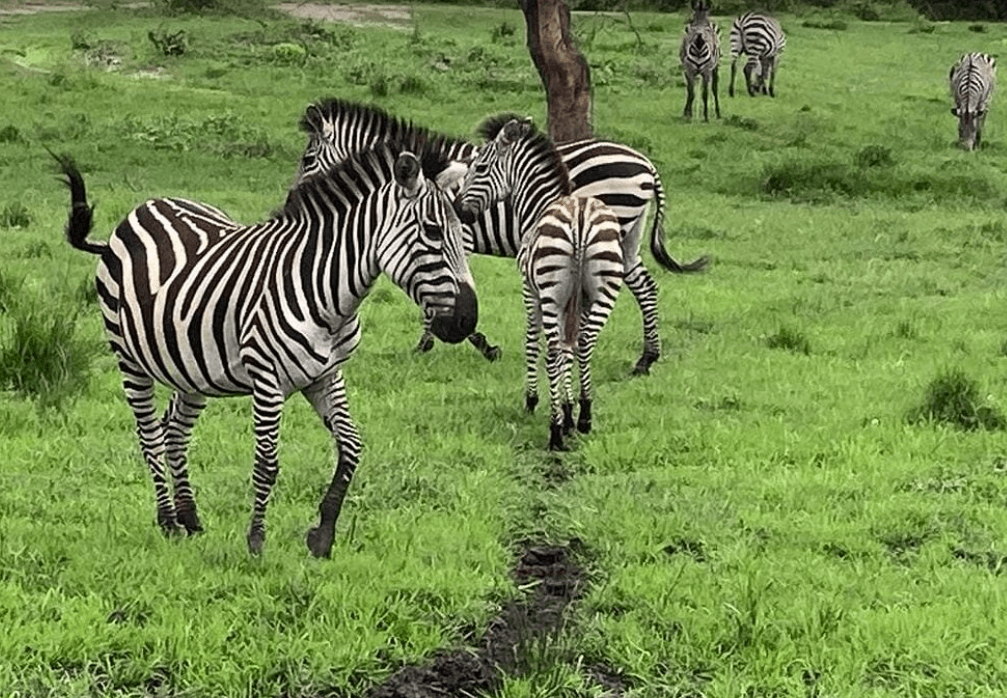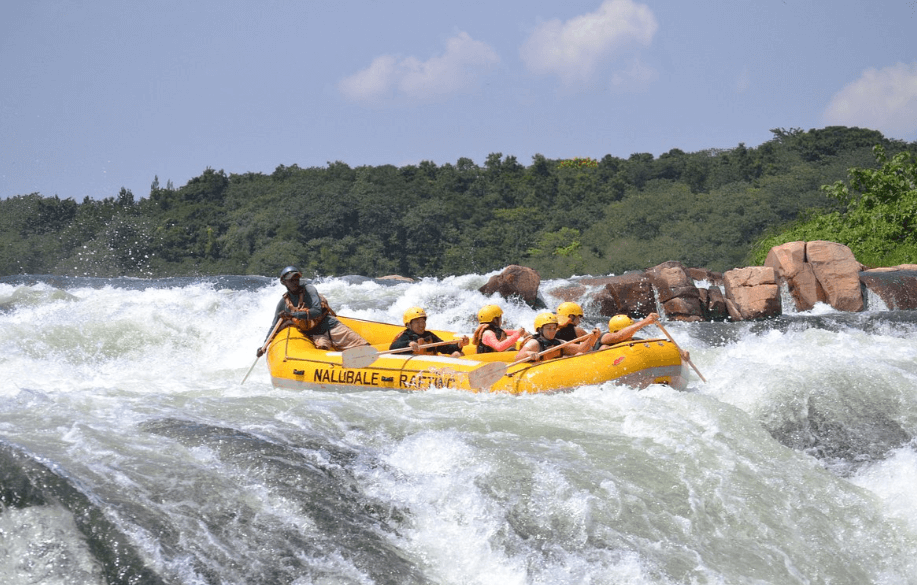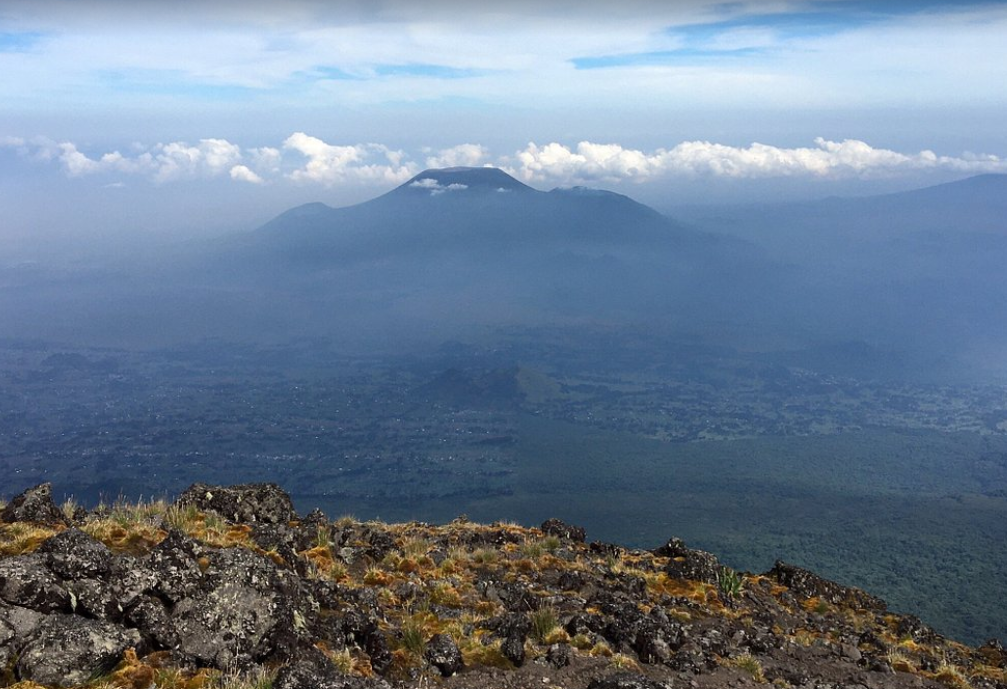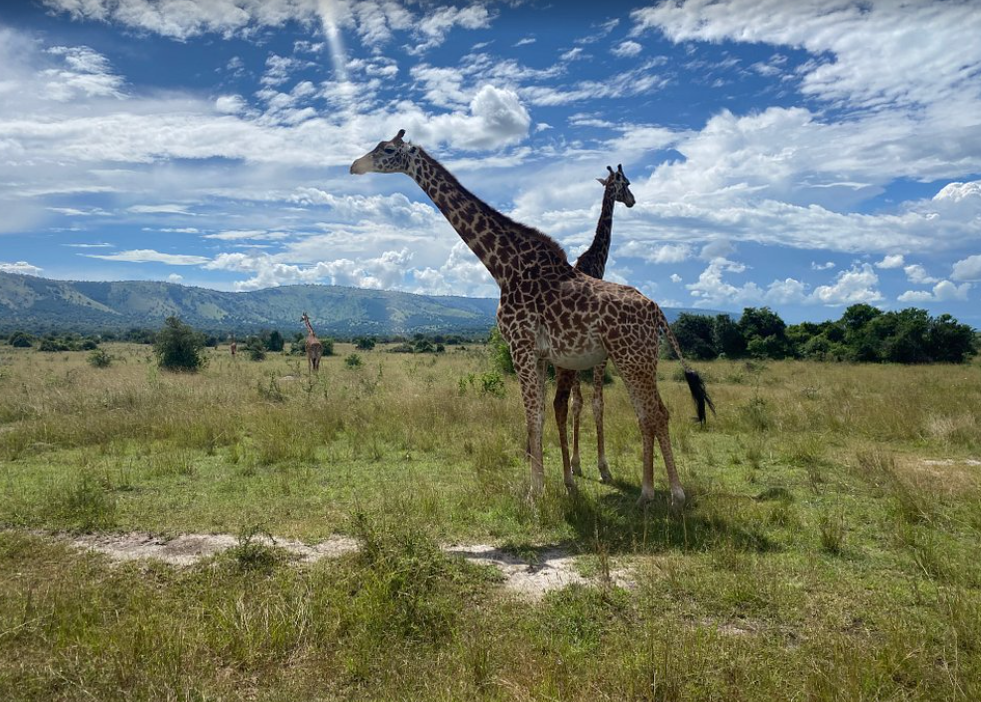Batwa Cultural Experience: Exploring Uganda’s Indigenous Heritage
The Batwa Cultural Experience is a captivating journey into the lives of the Batwa people, one of Uganda’s oldest indigenous groups. Often referred to as “forest keepers” or “pygmies,” the Batwa lived in the dense rainforests of Uganda, Rwanda, and the Democratic Republic of Congo for thousands of years, long before these regions became protected national parks. This unique cultural experience allows visitors to learn about their ancient way of life, their deep connection to the forest, and the challenges they face in the modern world.
The Batwa Cultural Experience provides insight into the traditions, survival techniques, and beliefs of the Batwa people. For anyone visiting Bwindi Impenetrable National Park or Mgahinga Gorilla National Park for gorilla trekking, adding this cultural experience to your itinerary will enhance your understanding of Uganda’s diverse cultural and ecological heritage.
History of the Batwa People: Guardians of the Forest
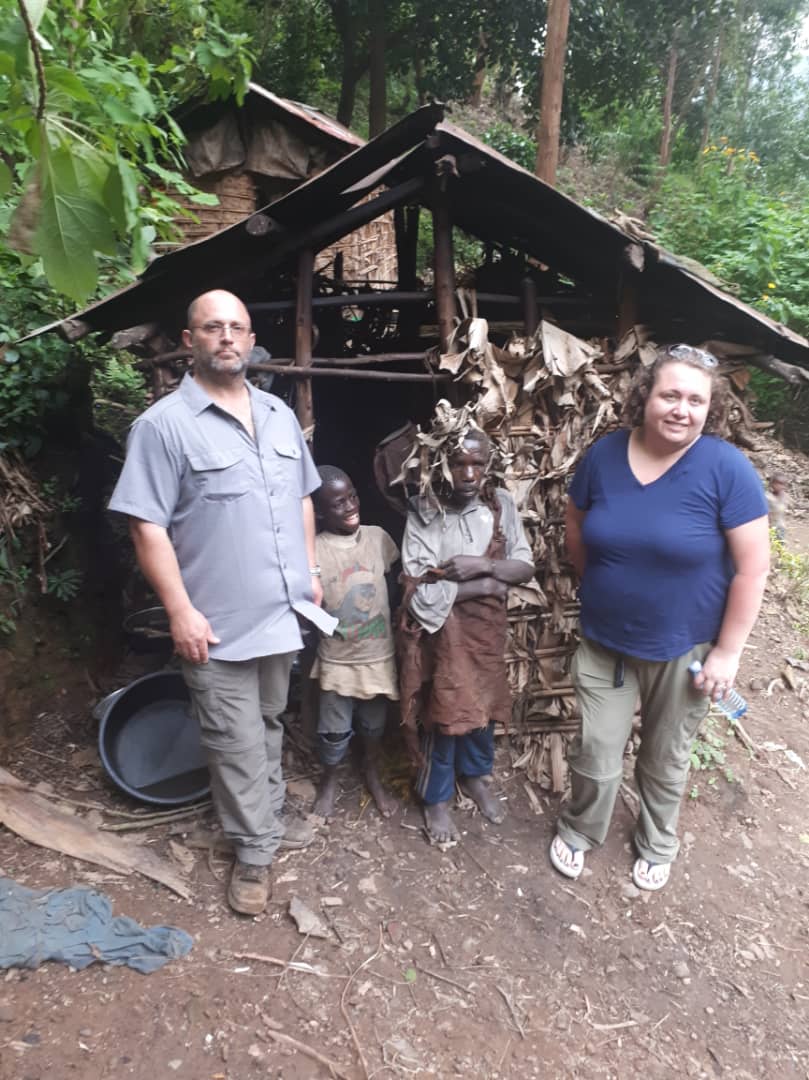
The Batwa people are one of the oldest indigenous communities in East Africa. For over 4,000 years, they lived as hunter-gatherers in the thick forests of Uganda and its neighboring regions. The forest provided everything they needed to survive—food, shelter, medicine, and spiritual sustenance. Unlike other communities that depended on farming and herding, the Batwa thrived through their profound knowledge of the forest ecosystem.
They hunted small game, gathered wild fruits, roots, and medicinal plants, and used their deep understanding of the forest to protect themselves from danger. The Batwa held spiritual beliefs centered around the forest, and they viewed the land as sacred. Their lifestyle was sustainable, with minimal impact on the environment.
Forced Eviction and Modern Challenges In the early 1990s, the Batwa were forcibly evicted from their ancestral lands when the Ugandan government declared Bwindi Impenetrable National Park and Mgahinga Gorilla National Park as protected areas to conserve the endangered mountain gorillas. This well-intentioned effort to protect wildlife inadvertently marginalized the Batwa people, leaving them landless and struggling to adapt to a world outside the forest.
The Batwa were displaced without compensation or support, and they suddenly found themselves in a foreign environment, forced to rely on agriculture and modern ways of living, which were alien to their traditional lifestyle. As a result, many Batwa families faced extreme poverty, homelessness, and discrimination from neighboring communities.
How the Batwa are Coping Today
In recent years, several initiatives have emerged to help the Batwa regain some stability and dignity. One of the most successful of these initiatives is the Batwa Cultural Experience, which was developed to preserve their culture while providing them with a source of income.
This cultural tourism project allows the Batwa to showcase their traditions, skills, and knowledge to visitors, helping them earn a living while educating others about their plight. The proceeds from these tours directly support the Batwa community, providing them with resources for housing, healthcare, and education.
Education and Empowerment
In addition to cultural tourism, non-profit organizations have stepped in to assist the Batwa with education and skills development. Many young Batwa children now have access to schooling, which offers them hope for a brighter future, even as their parents strive to keep their ancient traditions alive.
These efforts have had a positive impact on the community, but the Batwa still face numerous challenges, including limited access to land, health services, and social integration. Nevertheless, they continue to fight for their rights and work towards a better future.
Location and Getting to the Batwa Cultural Experience
The Batwa Cultural Experience is located in southwestern Uganda, primarily around Bwindi Impenetrable National Park and Mgahinga Gorilla National Park. These two parks are best known for their mountain gorilla populations, making them popular destinations for tourists.
Getting to Bwindi Impenetrable National Park
From Kampala, Uganda’s capital, Bwindi Impenetrable National Park is about a 9-10 hour drive, depending on the route taken. The most common route passes through the town of Kabale or Kisoro, which are close to the park’s entrances.
For those seeking a faster journey, domestic flights are available from Entebbe International Airport to the Kisoro Airstrip, from which visitors can drive to Bwindi in about an hour.
Getting to Mgahinga Gorilla National Park
Mgahinga Gorilla National Park is also in southwestern Uganda, near the town of Kisoro. The drive from Kampala to Kisoro takes about 10 hours. Like Bwindi, you can also fly from Entebbe to Kisoro, followed by a short drive to the park.
Both Bwindi and Mgahinga are accessible year-round, though road conditions can be challenging during the rainy seasons.
The Batwa Trail Experience: Step into Their World
The highlight of the Batwa Cultural Experience is the Batwa Trail, a guided tour led by Batwa guides who take visitors deep into the forests where their ancestors once lived. This immersive experience provides a window into the Batwa’s former way of life, showcasing how they hunted, gathered food, and used the forest’s natural resources.
What to Expect on the Batwa Trail
The Batwa Trail is an engaging and educational experience, offering activities that demonstrate the Batwa’s skills and traditions. Some of the highlights include:
- Hunting Demonstrations: Learn how the Batwa used simple tools like bows and arrows to hunt small animals in the forest. The guides will show you traditional techniques for tracking and trapping animals, skills passed down through generations.
- Gathering and Herbal Medicine: The Batwa have an encyclopedic knowledge of the plants and herbs in the forest, many of which have medicinal properties. During the trail, your guides will point out various plants and explain their uses for healing, food, and other purposes.
- Fire Making and Shelter Construction: Watch as the Batwa demonstrate how they created fire without matches and built temporary shelters from leaves, branches, and vines. These survival skills were crucial to their nomadic lifestyle.
- Storytelling and Music: The Batwa are known for their rich oral traditions, and the trail experience often includes stories and legends passed down from their ancestors. Traditional songs and dances are performed, reflecting their deep connection to the forest and their cultural heritage.
- Visit to a Batwa Homestead: At the end of the trail, visitors are invited to explore a recreated Batwa homestead, where they can see how the Batwa lived before their eviction. This part of the tour offers a glimpse into the Batwa’s daily lives and how they adapted to their environment.
Supporting the Batwa Community
By participating in the Batwa Trail Experience, visitors directly contribute to the well-being of the Batwa community. The proceeds from the tours help fund local projects, including education, healthcare, and housing for the Batwa people. It is not just a cultural experience; it is a chance to support a marginalized community striving to preserve its heritage in the face of modern challenges.
Best Time to Visit the Batwa Cultural Experience
Uganda has a tropical climate, with two distinct rainy seasons: from March to May and October to November. While the Batwa Cultural Experience is available year-round, the best time to visit is during the dry seasons, from June to September and December to February.
During the dry season, the forest trails are easier to navigate, and the weather is more favorable for outdoor activities. Gorilla trekking in Bwindi and Mgahinga is also more enjoyable during these months, as the chances of rain are lower.
If you plan to combine the Batwa Cultural Experience with gorilla trekking, it’s advisable to book your permits and accommodation well in advance, as both activities are popular among tourists.
Frequently Asked Questions (FAQ)
1. What is the Batwa Cultural Experience?
The Batwa Cultural Experience is a guided tour that allows visitors to learn about the Batwa people’s ancient traditions, survival skills, and way of life. The tour includes demonstrations of hunting techniques, gathering, herbal medicine, storytelling, and traditional music.
2. Where is the Batwa Cultural Experience located?
The experience is located in southwestern Uganda, near Bwindi Impenetrable National Park and Mgahinga Gorilla National Park, both of which are popular for mountain gorilla trekking.
3. How long does the Batwa Trail Experience take?
The Batwa Trail typically lasts between 3 to 4 hours, depending on the pace of the group and the level of interaction with the guides.
4. Is the Batwa Trail suitable for all ages?
Yes, the Batwa Trail is family-friendly and suitable for people of all ages. However, the forest terrain can be challenging, so visitors should be in reasonably good physical condition.
5. Can I combine the Batwa Cultural Experience with gorilla trekking?
Absolutely! Many visitors choose to combine the Batwa Cultural Experience with a gorilla trekking adventure in Bwindi Impenetrable National Park or Mgahinga Gorilla National Park. It offers a well-rounded experience of both cultural and wildlife tourism.
6. Do I need to book the Batwa Cultural Experience in advance?
It’s recommended to book the experience in advance, especially during the peak tourist seasons (June to September and December to February). You can arrange the tour through local tour operators or your lodge.
7. What should I bring for the Batwa Trail?
Comfortable walking shoes, a hat, sunscreen, insect repellent, and a camera are essential. You may also want to bring a light rain jacket, especially if visiting during the rainy season.
8.How does the Batwa Cultural Experience support the Batwa community?
Proceeds from the Batwa Cultural Experience help fund education, healthcare, and housing projects for the Batwa people. The experience is an important source of income for the community and a means of preserving their culture.
The Batwa Cultural Experience offers visitors an enriching and eye-opening look into one of Africa’s oldest indigenous communities. Through the Batwa Trail, tourists can engage with a culture that is deeply intertwined with the forest, while also supporting a marginalized community in its efforts to thrive in the modern world. Whether you’re visiting Bwindi for gorilla trekking or simply exploring Uganda’s cultural diversity, this experience is a must-add to your itinerary.

